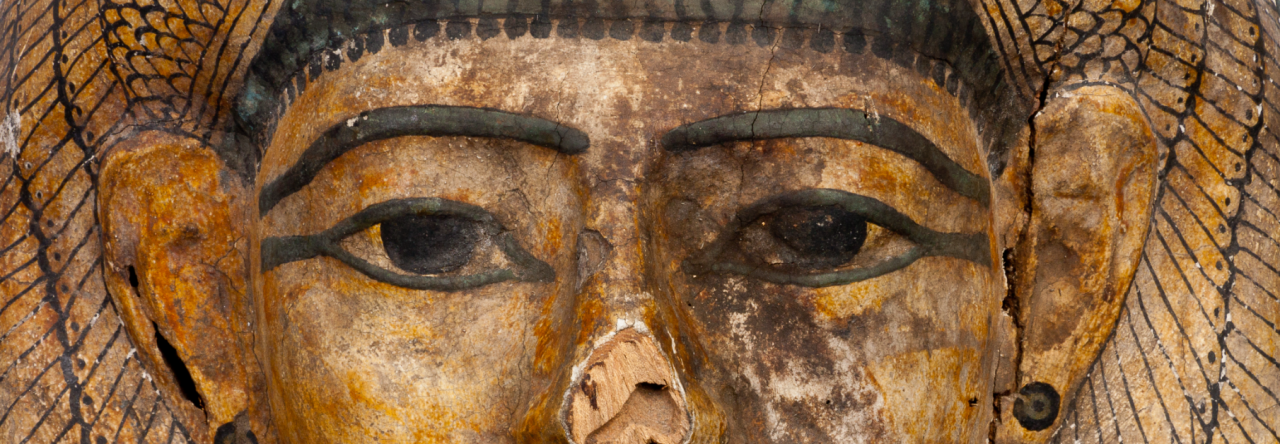An offering which the king gives through the services of Osiris Wen-nefer, the Ruler of Eternity. May he give invocation offerings consisting of 1000 loaves of bread, 1000 jugs of beer, 1000 portions of beef, 1000 portions of duck, 1000 measures of incense, excellent linen, every sort of offering, every sort of provision, wine. – Prayer from Ti Ameny Net’s coffin, translated by David Howell, 1999
The Egyptians believed that the Afterlife would closely resemble their lives on earth, so when they died they needed provisions from this world to take with them into the next. Offerings could be material goods, such as those found in King Tutankhamun’s tomb, which included everything from furniture to wine to games, or the offerings could be symbolic, written or drawn objects or miniature objects and dedicated to the deceased.
The prayers on Ti Ameny Net’s coffin serve the same purpose as the physical placement of such items as bread, beer, or beef in the tomb. Magical belief in ancient Egypt permitted the word or image of the offering to become that offering for the deceased, hence Egyptians included numerous amulets and symbolic figurines with the dead. Funerary rituals, including the Opening of the Mouth ceremony, which ensured the deceased could eat and speak in the Afterlife, and mortuary temple dedications, prolonged the memory of the deceased among the living and ensured that they were aided on their journey to the Afterlife.
Up next: Iconography and Heiroglyphics – Ti Ameny Net Funeral Scene
